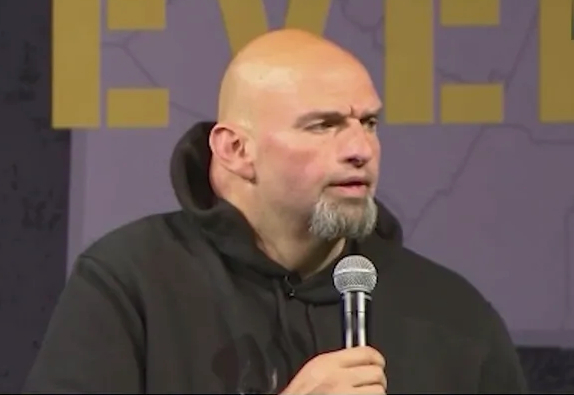Stanley Kurtz writes for National Review Online about the latest battle involving Florida’s governor.
Facing a torrent of criticism from customary allies on the left for having caved to Ron DeSantis on the AP African-American Studies (APAAS) curriculum, the College Board issued an attsack on Florida’s governor at the unlikely hour of 8 p.m. Saturday night. What can account for so oddly timed a salvo? Friday’s calls from the National Black Justice Coalition, among others, for the resignation of College Board CEO David Coleman may have had something to do with it.
Despite winning a considerable victory on the curriculum front, DeSantis has not yet formally accepted APAAS as a for-credit course in Florida. The governor rightly wants to learn more about the College Board’s newly announced plans to include and highlight critical-race-theory-based readings in APAAS’s “AP Classroom” digital platform.
The College Board appears to have calculated that it has no further political leeway either to reduce the radical readings that will now be made available in its AP Classroom portal, or to balance them with more moderate and conservative voices. Knowing that DeSantis is therefore unlikely to greenlight APAAS, the College Board has gone to war with Florida. Attacking DeSantis is the College Board’s best hope for downsizing the tsunami of outrage threatening to engulf it from the left. Yet the College Board’s attack on Florida’s governor risks driving away the red states, particularly states that have laws barring the promotion of Critical Race Theory (CRT) in K–12.
Against all appearances — and against common sense — the College Board continues to claim that several months’ worth of expressions of concern by Florida about CRT-based content had nothing to do with the radical revisions to APAAS announced on February 1. These denials continue in the face of the tineline released by the Florida Department of Education (FDOE) detailing its contacts with the College Board.


